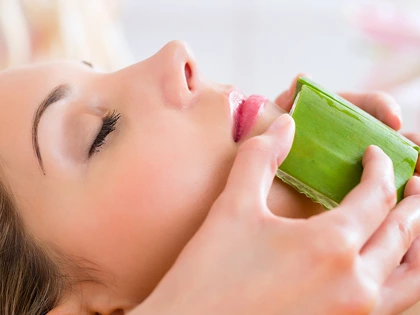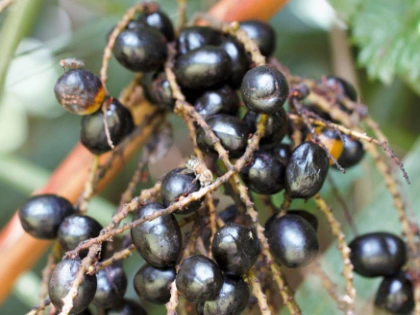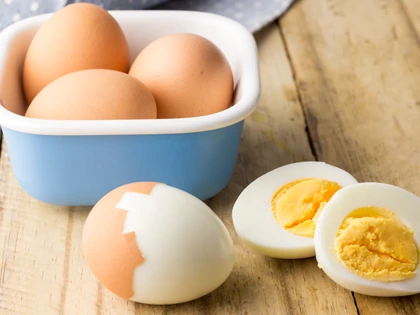What to avoid with avocados
What not to do with avocados Avocados are rich in monounsaturated fats, which reduce cholesterol and lower the risk of heart disease. Nevertheless, they may contain some saturated fat. A medium avocado has 24 grams of fat and 240 calories, so if you're on a low-fat diet, limit yourself to half an avocado a day.
Intolerance
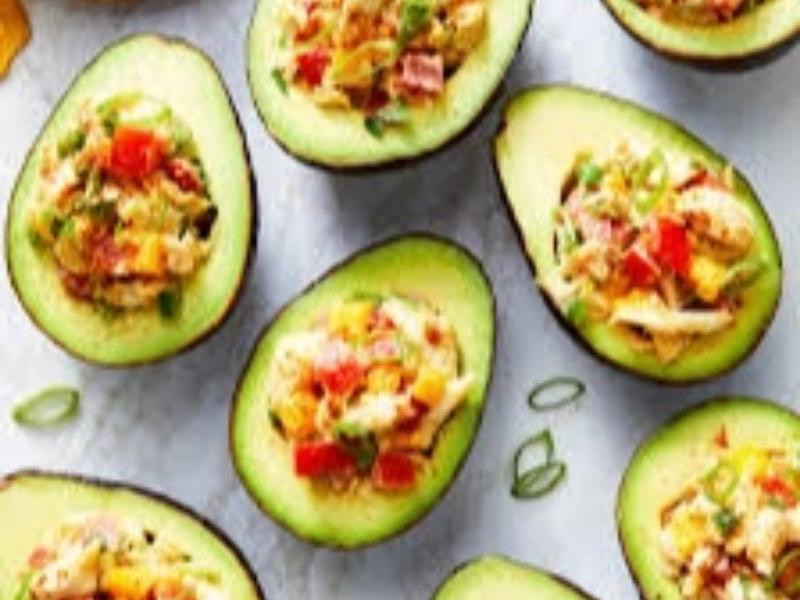
Darkening
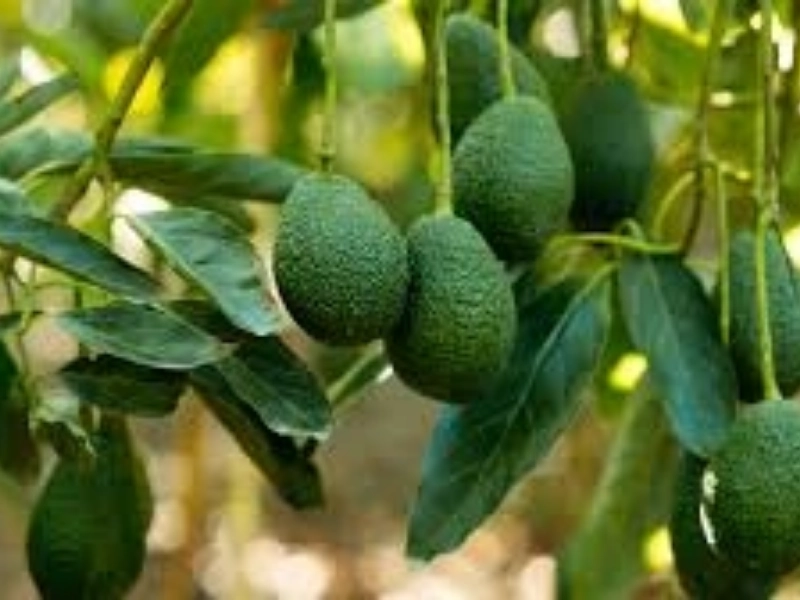 The reason avocados turn brown is because of their reaction to oxygen. This natural process does not affect the taste, but some customers may find it unpleasant if they plan to use the avocado in guacamole or other similar recipes.
To slow down the browning of avocados, use plastic wrap or a sealable container, according to Healthline. Some people store avocado halves with the pit still in, as this creates a natural barrier.
Instead, Weintraub suggests rubbing lemon juice or olive oil on the avocado to form an acidic barrier that keeps oxygen out. For extra protection, she suggests storing avocados in the refrigerator: The cold air reduces polyphenol oxidase activity, preventing them from ripening too quickly.
The reason avocados turn brown is because of their reaction to oxygen. This natural process does not affect the taste, but some customers may find it unpleasant if they plan to use the avocado in guacamole or other similar recipes.
To slow down the browning of avocados, use plastic wrap or a sealable container, according to Healthline. Some people store avocado halves with the pit still in, as this creates a natural barrier.
Instead, Weintraub suggests rubbing lemon juice or olive oil on the avocado to form an acidic barrier that keeps oxygen out. For extra protection, she suggests storing avocados in the refrigerator: The cold air reduces polyphenol oxidase activity, preventing them from ripening too quickly.
Antiquity
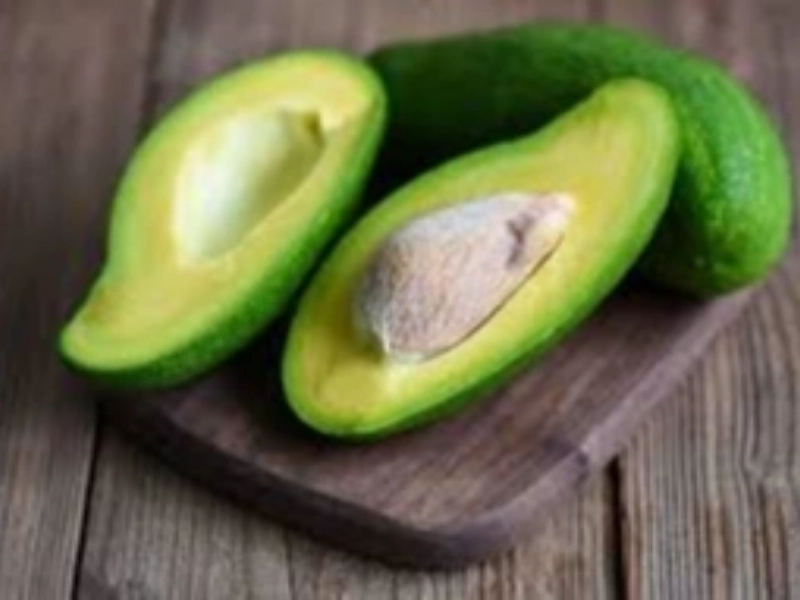 It's normal for some of the flesh of an avocado to turn brown when you cut it. A small amount of browning is a normal by-product of oxidation.
Use your thumb to gently press the avocado to check for freshness: if it curls slightly when you touch it, it's ready to eat. On the other hand, if it's dark green or black, feels hard, or has deep pits, it's overripe and may have unappealing brown spots throughout the flesh.
Placing it in a paper bag with an apple will concentrate the ripening-accelerating ethylene gas, which will cause hard avocados to ripen even faster over a few days at room temperature. Another sign that your avocado is overripe is bruising, which can be prevented by making an incision around the affected area.
It's normal for some of the flesh of an avocado to turn brown when you cut it. A small amount of browning is a normal by-product of oxidation.
Use your thumb to gently press the avocado to check for freshness: if it curls slightly when you touch it, it's ready to eat. On the other hand, if it's dark green or black, feels hard, or has deep pits, it's overripe and may have unappealing brown spots throughout the flesh.
Placing it in a paper bag with an apple will concentrate the ripening-accelerating ethylene gas, which will cause hard avocados to ripen even faster over a few days at room temperature. Another sign that your avocado is overripe is bruising, which can be prevented by making an incision around the affected area.
Insecticides
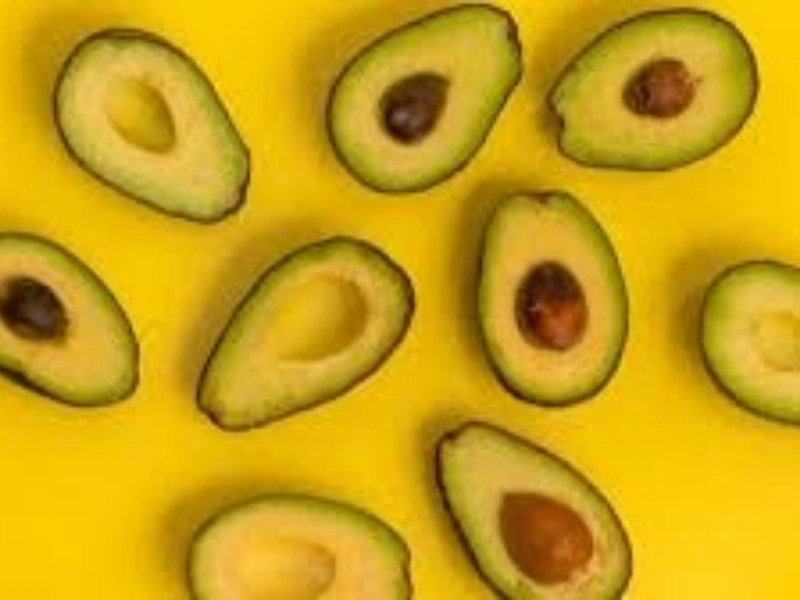 Avocados' thick skin acts as a natural defense against pests, eliminating the need for growers to use chemicals -- in fact, they're classified as one of the Clean 15 produce items by the Environmental Working Group, meaning less than 1% of items contain pesticide residues.
Despite this, the fatty fruit still requires large machinery and fertiliser to grow, which means that for every kilogram of avocado produced from farm to store, 1.5 times more carbon dioxide is released than bananas.
In addition to the heart-healthy monounsaturated fats, avocados have several other health benefits: Studies have shown they can help lower blood pressure, and they're packed with fiber, vitamin C, and folate. Plus, a 2021 study suggests that eating them regularly may help with unexplained diarrhea and nutrient loss in certain people.
Avocados' thick skin acts as a natural defense against pests, eliminating the need for growers to use chemicals -- in fact, they're classified as one of the Clean 15 produce items by the Environmental Working Group, meaning less than 1% of items contain pesticide residues.
Despite this, the fatty fruit still requires large machinery and fertiliser to grow, which means that for every kilogram of avocado produced from farm to store, 1.5 times more carbon dioxide is released than bananas.
In addition to the heart-healthy monounsaturated fats, avocados have several other health benefits: Studies have shown they can help lower blood pressure, and they're packed with fiber, vitamin C, and folate. Plus, a 2021 study suggests that eating them regularly may help with unexplained diarrhea and nutrient loss in certain people.
Souvenirs
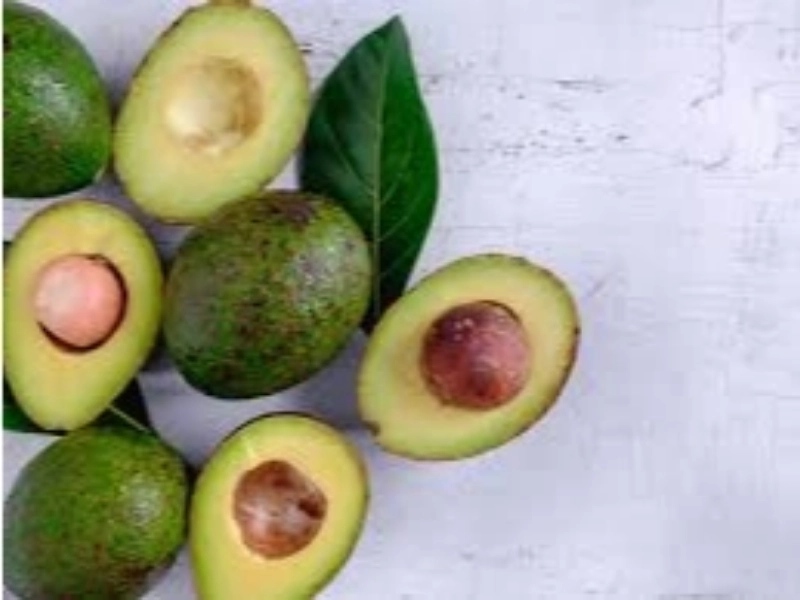 Avocados can be picky at times: They may appear almost ripe, but one wrong move in the fridge and they're headed for the trash. In addition to being costly and annoying, this unpredictability increases food waste.
The counter is the ideal place to store avocados, says licensed nutritionist Carly Sedlacek. Keep an eye out for changes in the skin's color, as lighter green avocados are a sign they'll take longer to ripen. Plus, check for a smooth texture and a soft, pliable stem.
An additional tip is to place unripe avocados in a paper bag to concentrate the ethylene gas and speed up the ripening process. Keeping a few onions in the bag will help prevent discoloration, as the ethylene molecules in the onions will help keep them from discoloring.
Avocados can be picky at times: They may appear almost ripe, but one wrong move in the fridge and they're headed for the trash. In addition to being costly and annoying, this unpredictability increases food waste.
The counter is the ideal place to store avocados, says licensed nutritionist Carly Sedlacek. Keep an eye out for changes in the skin's color, as lighter green avocados are a sign they'll take longer to ripen. Plus, check for a smooth texture and a soft, pliable stem.
An additional tip is to place unripe avocados in a paper bag to concentrate the ethylene gas and speed up the ripening process. Keeping a few onions in the bag will help prevent discoloration, as the ethylene molecules in the onions will help keep them from discoloring.





